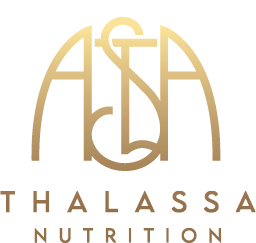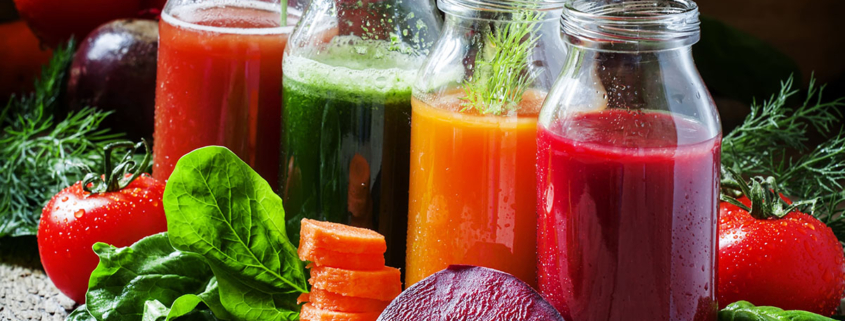Juice fasting .
First of all, you ask, why would I want to deprive myself of food for three days or more? That’s a good question! Yet technically, you’re not depriving yourself of food. You ARE
Mouth
when we hear digestion, we think the magic happens in our stomach for the most part. So you may be surprised that the mouth plays an important role in commencing the digestive process. Your teeth chop food into small pieces which become moistened by saliva—this is produced by an accessory organ called salivary glands. Pretty straight forward. Saliva doesn’t just moisten the food, though, it also begins the digestion of carbohydrates. The tongue helps to push food toward the posterior part of the mouth in preparation for swallowing.
Throat
Now you’ve likely swallowed food accidentally that wasn’t chewed properly, and you know it hurts so badly! That’s because your throat is a tight funnel-shaped tube that has two functions: 1) send your
Esophagus
Esophagus what? Now don’t get bogged down by technical terms that
Stomach
Your stomach is a major organ that acts as a storage tank for food
Small Intestines
The small intestine is attached to your stomach. It’s a long, thin tube about 1 inch in diameter and about 10 feet long, that’s about 3 meters. Crazy right? That’s your small intestine and it plays a major role in the digestion of your food and even more so, the absorption of nutrients. By the time food leaves the small intestine, around 90% of all nutrients have been extracted from the food. This thing is a sponge machine!
Liver&Gallbladder Liver Simultaneously, the second largest organ in your body, your liver, has many different functions in the body. When it comes to digestion, its main purpose is to produce bile and secrete it into the small intestine. Bile is incredibly important here because it an essential “de-greaser” and “emulsifier” of dietary fats, but it’s just as imperative for the utilization of the fat soluble vitamins A, D, E and K.
Now while the liver produces bile, your gallbladder stores and recycles excess bile from the small intestine so that it can be reused for the digestion of subsequent meals. A lot of problems arise when the liver and gallbladder are not working properly, which I will discuss in a later post (and of course, how you can repair your liver—HINT: you’re on the right track; juicing is a great start!)
Large Intestine
At last, we have the large intestine which is also commonly referred
And that concludes the digestive process. Amazing how every time
Take a BreakSo let’s say you consume an average of 3 meals a day. That’s 1095 meals per year!
Now let’s assume that you are privileged to eat 3 meals a day throughout your entire lifetime. The average life expectancy in Canada based on 2009 statistics is 81 years. That’s 88,695 times your body

 NO
NO no
no no
no